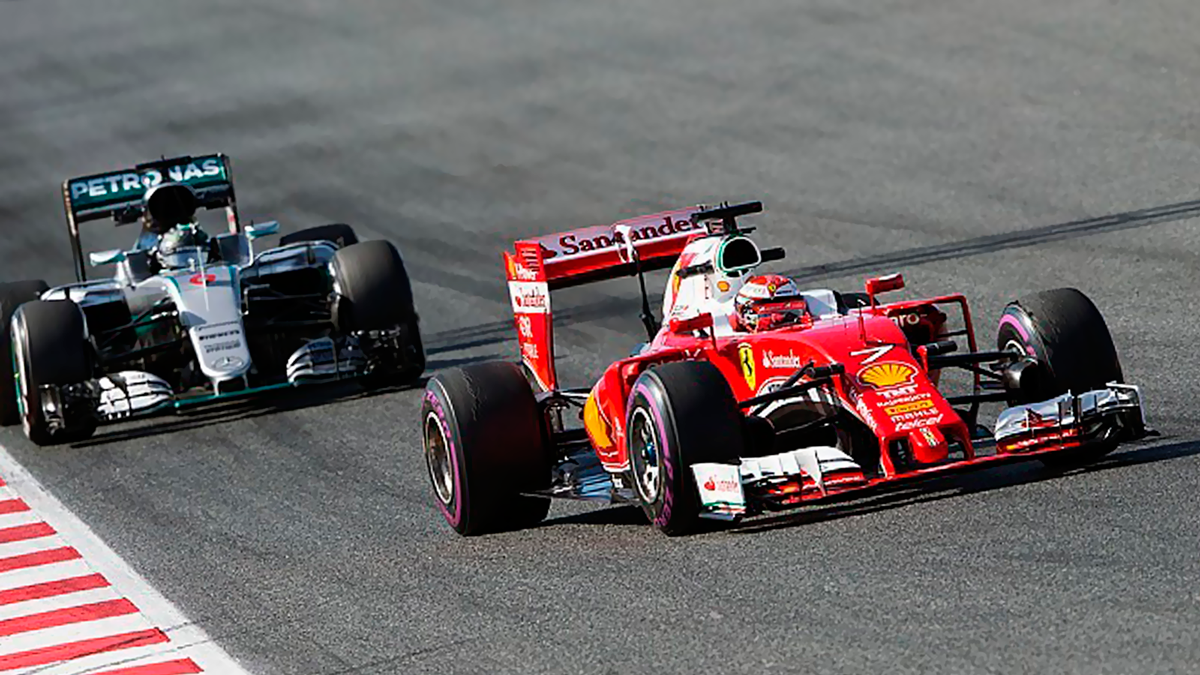If you want to watch the most technologically advanced sport in the world, tune into to a Formula 1 auto race. Formula 1 vehicles boast some impressive tech that’s often as secretive as a military project. There is fierce competition between both the drivers and the cars in this super-speed, high octane motor sport. To win the season, teams must demonstrate commitment, discipline, spend a great deal of money and have the very best engineers and drivers. Here are some fascinating facts about this sport that you might not know:
- Modern day Formula 1 has its roots in the automobile racing of the 1920s and 30s. It’s called ‘Formula’ after the set of rules that all cars and drivers must abide by.
- The average cost of just one Formula 1 vehicle is almost £7 million. That’s just the bare parts, not the millions ploughed into research, development and drivers. Get an up-close look at one in the Abu Dhabi F1 Paddock Club with https://edgeglobalevents.com/f1-paddock-club/f1-paddock-club-abu-dhabi/
- There are a whopping 80,000 parts that come together to create a Formula 1 race car and with the speed and danger of the race, all parts must be fitted with 100% accuracy.

- The average driver loses approximately 4kg of weight after each race. This sounds great, but such sudden weight loss can mean a person’s mental and physical abilities are reduced by as much as 40%. Therefore, the cockpit has a drinking bottle that drivers can access through a pipe.
- Even the tyres lose weight. Each tyre will lose approximately half a kilogram as a result of wear on the track. It’s no surprise when you consider that a Formula 1 tyre rotates at a staggering 50 times per second at full speed.
- A Formula 1 car is very light, at just 700kg and that’s with the driver too.
- Pit crews need to be fast and the best in the world can change the car’s tyres in a mere 3 seconds!
- An F1 engine has a lifespan of only 2 hours before blowing up. Whilst a normal car engine could be expected to run for up to 20 years at revs of up to 6,000 rpm, an F1 engine is pushed to the limit at 18,000 rpm.

- A small plane takes off at a slower speed that F1 cars race around the track. They are kept firmly on the ground due to a clever aerodynamic downforce from their wings as they race at up to 360 kph.
- Drivers experience a force of five times their bodyweight when cornering and braking.
- A Formula 1 car can reach 0 to 100 mph and back to 0 again in just 4 seconds!
- As you’d expect, F1 helmets are extremely tough. Just one of the stringent tests they must pass is to be subjected to flames of 800 degrees C for 45 seconds.
- Hill is a lucky surname in the world of Formula 1 racing. All drivers with the name have won a world championship – Graham Hill, his son Damon Hill and Phil Hill, the only American-born person to have ever won the world championship.












